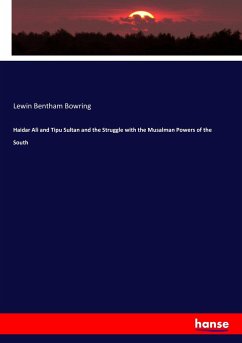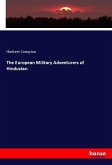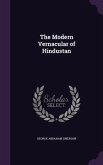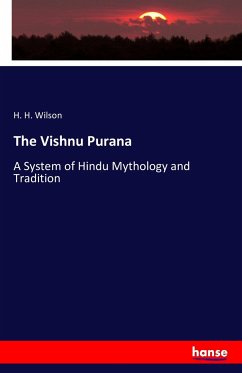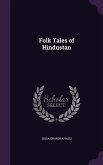In the present era, the subject of Indian Muslims, or more specifically, the phenomenon of "Indian Islam," has once again become a topic of considerable interest and discussion. Although this case is not novel, the intensity of its examination is unprecedented in the past seventy-five years. The most significant aspect of this case that is currently being debated in this country is the question of the identity of the Indian Muslim. The focus of the debate has shifted to the question of identity. The legitimacy of their citizenship is now being called into question, with the question being posed, "What is your business in my ring?" Conversely, the Indian Muslim has adopted a defensive stance and is responding to this novel challenge with the same established and tested methods. Such a commodity has no value in this market. The participation of Indian Muslims in the war of independence and the decade of constitution of India has proven to be a futile exercise. It is being asserted that you have assumed more than what was originally intended in the name of Pakistan. With regard to the Constitution of India, there is a perception that it is an "outdated" document, and there are ongoing discussions about potential amendments. The majority of Urdu-language literature on Indian Muslims exhibits a tendency towards excessive pride and boasting, a quality that is also evident in the rhetoric of Hindu extremists, as exemplified by the slogan "Guru se kahu, we are Hindus." Conversely, some English-language books about Indian Muslims are relatively objective, yet they frequently employ justifications and reasons as defensive weapons. Given the current climate, it is not difficult to discern that criticizing only the holy book or holy religious figures is no longer considered "insolent," but rather, any reasoned criticism of the life and ideas of any religious figure is met with opposition. It is not possible to account for the activities of religious parties, sects, and groups, nor can their literature be subjected to critical analysis. It is not possible to challenge the views of a political leader who considers himself a representative of religion and nation. The history of Muslims, including the oppression of Mughals and Sultans, is not given due attention. Unpopular opinions are not given a platform.
Hinweis: Dieser Artikel kann nur an eine deutsche Lieferadresse ausgeliefert werden.
Hinweis: Dieser Artikel kann nur an eine deutsche Lieferadresse ausgeliefert werden.


